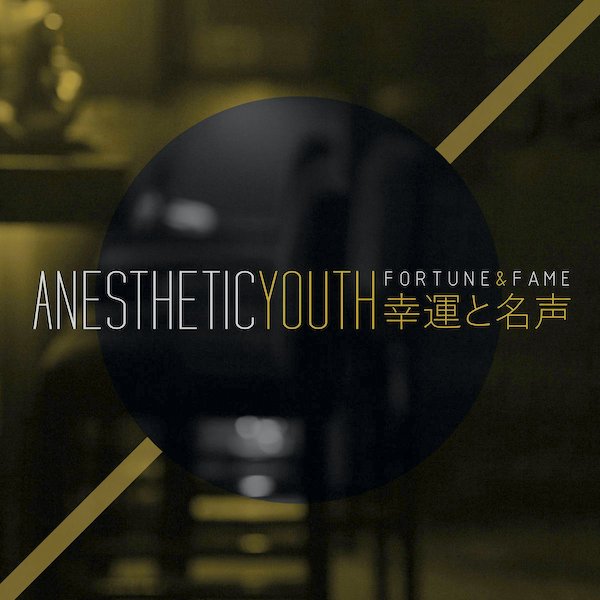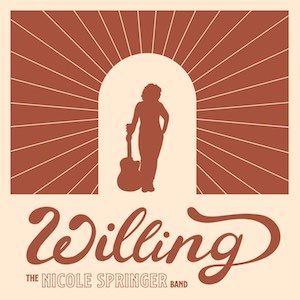Anesthetic Youth is a four-piece alternative indie rock band based in Ho Chi Min City (formerly Saigon), Vietnam, of all…
Category: 2020 Alt Rock Songs
Album Review: Suneater’s Third Toke of Unfathomable Darkness
The new 12-track album from the Kansas City band Suneaters launches with a big wall of guitar riffs on the…
U.K.’s Black Midi Drop First Single Since ‘ded sheeran’
London indie band Black Midi has followed up a successful debut album, Schlagenheim, with the new rhythmic single, ‘Sweater.’ After…
Album Review: Nicole Springer
Kansas singer/songwriter Nicole Springer‘s debut solo E.P., Willing, is chock-full of emotion and serves as a musical outlet for painful…



